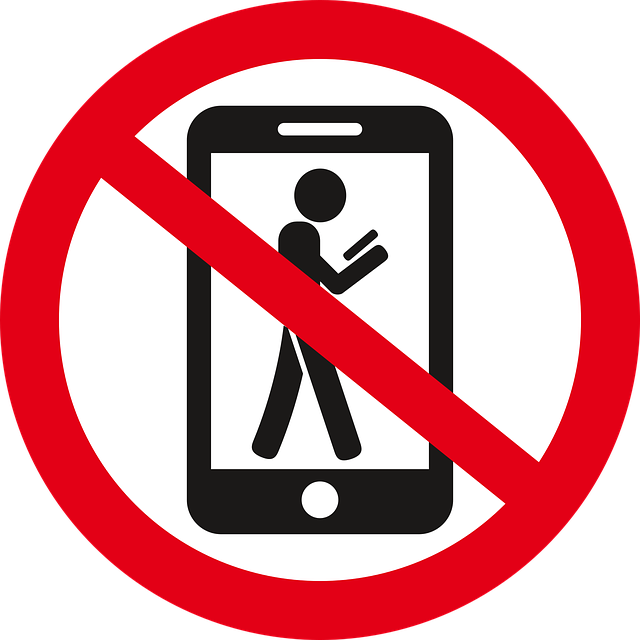Residents of South Carolina enjoy robust consumer protection rights against spam calls, backed by agencies like the SCDCA and the Attorney General's Office. Reporting unwanted calls is a powerful tool, and consulting a specialized lawyer for spam call South Carolina can provide legal recourse. These entities empower consumers with resources and education to identify scams, report them, and protect their privacy in the digital landscape of Columbia, SC.
“In South Carolina, residents have a range of consumer protection agencies at their disposal to safeguard their rights. This overview guides you through the key players in ensuring fair business practices. From understanding your consumer rights to reporting spam calls and navigating scams, this article covers it all. Learn about the crucial role of the South Carolina Attorney General’s Office and discover additional resources to protect yourself from fraudulent activities, including finding a lawyer for spam call cases within the state.”
Understanding Consumer Protection Rights in South Carolina

In South Carolina, residents enjoy a range of consumer protection rights designed to safeguard their interests in various transactions and interactions with businesses. Understanding these rights is crucial for anyone living in the state, as it empowers consumers to make informed decisions, resolve issues, and take necessary actions when faced with unfair practices or false advertising. The South Carolina Department of Consumer Affairs (SCDCA) plays a pivotal role in this regard, serving as a central resource for information, education, and advocacy on behalf of consumers.
One area where consumer protection is particularly relevant is with regards to unwanted spam calls. Residents who find themselves subjected to harassing or deceptive phone marketing can seek assistance from the SCDCA or consult with a lawyer specializing in such matters. A lawyer for spam calls in South Carolina can provide guidance, help file complaints, and represent consumers in legal actions against persistent violators, ensuring that residents’ rights are respected and protected under state laws governing consumer protection.
The Role of the South Carolina Attorney General's Office

The South Carolina Attorney General’s Office plays a crucial role in protecting consumers within the state, serving as a vital resource for residents seeking legal assistance and advocacy. This office is headed by the Attorney General, who is elected to represent the interests of South Carolina citizens. One significant aspect of their mandate is handling consumer protection matters, including investigating and prosecuting fraud, unfair business practices, and violations of consumer rights.
Consumers in South Carolina facing issues like unwanted spam calls or deceptive marketing tactics can find support here. The Attorney General’s Office offers guidance and legal aid, ensuring that businesses adhere to state laws and regulations. They actively monitor the market for any misleading or fraudulent activities, particularly targeting telemarketers and those making spam calls, thus providing a reliable shield for residents looking for a lawyer for spam call South Carolina.
Reporting Spam Calls and Unwanted Marketing Practices

In today’s digital age, residents of Columbia often face an array of unwanted marketing practices and spam calls from various sources. If you’ve encountered persistent or harassing phone calls promoting products or services, there are steps you can take to stop them. Reporting these incidents is crucial in combating such activities and protecting other consumers. Contacting a lawyer for spam call in South Carolina is one effective way to address the issue. They can guide you through legal options, including filing complaints with relevant agencies.
Columbia residents have several consumer protection agencies they can turn to for assistance. These organizations provide avenues to report spam calls and take action against companies engaging in deceptive marketing tactics. By utilizing these resources, consumers can play an active role in safeguarding their privacy and ensuring a safer digital environment.
Navigating Scams and Fraudulent Activities

In today’s digital era, residents of Columbia, South Carolina, face an array of consumer protection challenges, including navigating scams and fraudulent activities. From phishing attempts to false advertising, consumers are often targeted by cunning schemes designed to exploit their trust. The good news is that several consumer protection agencies are available to help. These organizations provide resources, education, and legal assistance to protect residents from such deceptive practices.
One common issue many Columbia residents encounter is unwanted spam calls. While these can be frustrating and invasive, there are steps you can take to combat them. Consulting a lawyer specializing in spam calls in South Carolina can offer guidance on legal options available to stop these unwanted intrusions. Additionally, consumer protection agencies provide tools and advice on how to identify and report scams, empowering residents to protect themselves and their personal information.
Additional Resources and Support for Residents

In addition to their core consumer protection roles, various agencies in Columbia offer a range of resources and support for residents facing issues that extend beyond traditional consumer rights. For instance, the South Carolina Attorney General’s Office not only safeguards consumers from unfair business practices but also provides assistance with problems related to debt collection, identity theft, and even spam calls. A lawyer specializing in these areas can be an invaluable asset, especially given the complex legal landscape surrounding consumer protection.
Residents can also find help through non-profit organizations dedicated to consumer advocacy. These groups often offer free or low-cost legal services, financial counseling, and educational workshops tailored to empowering consumers. By leveraging these additional resources, Columbia residents can navigate their rights more effectively, ensuring they receive fair treatment in all transactions and interactions with businesses and service providers.






